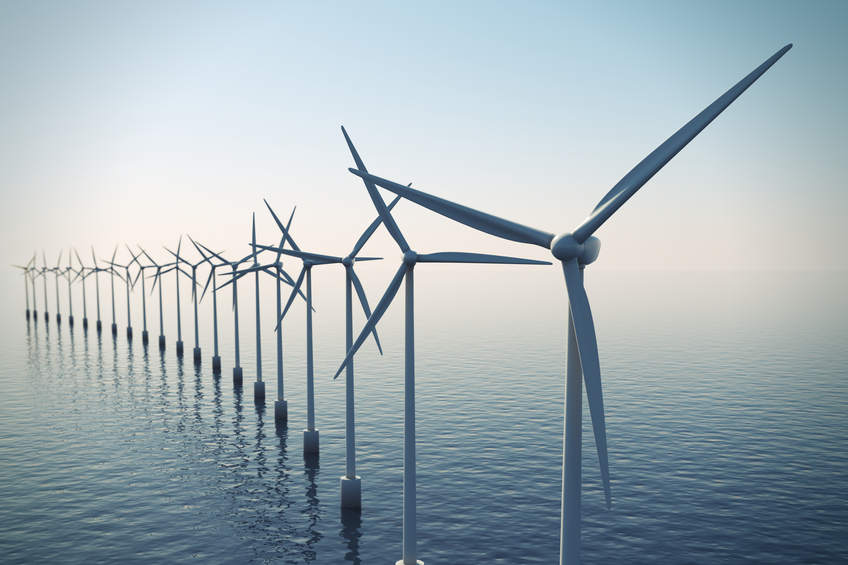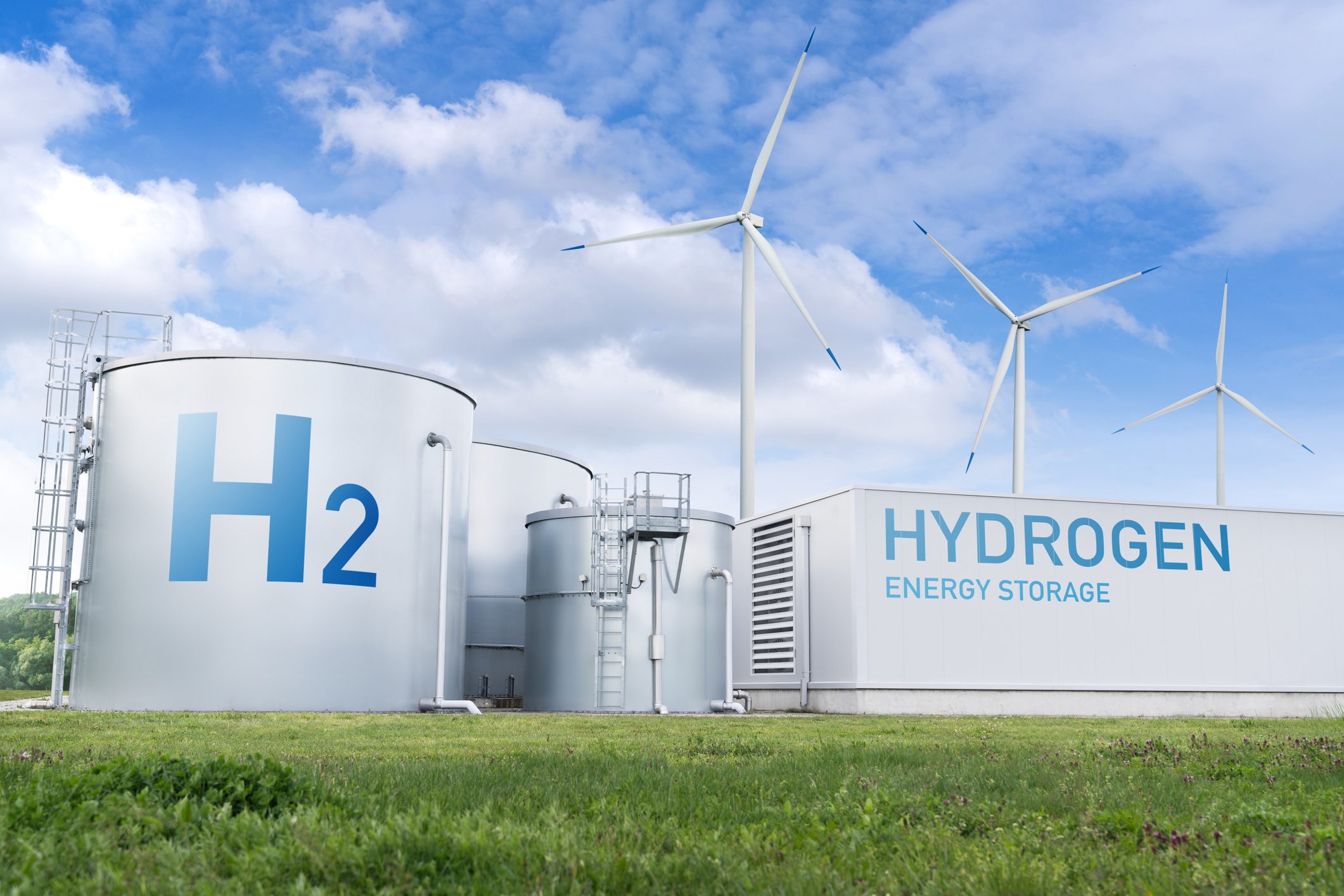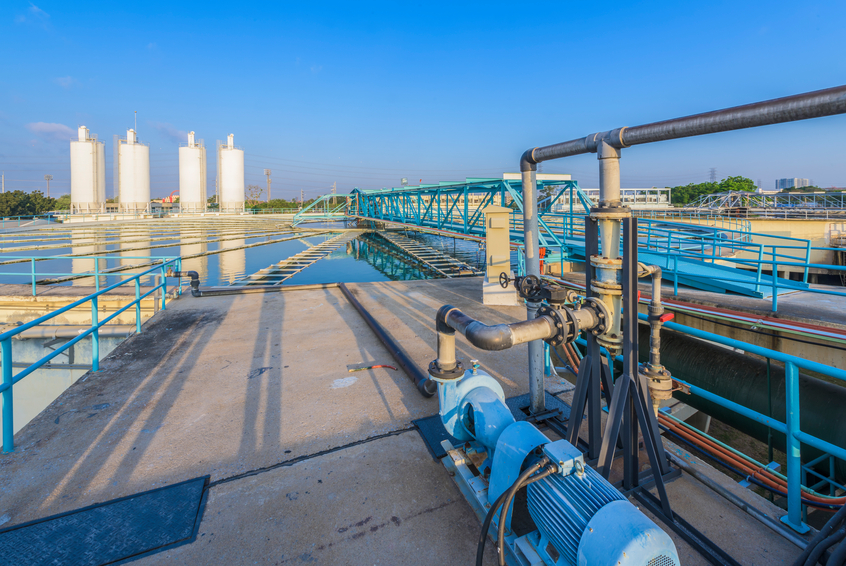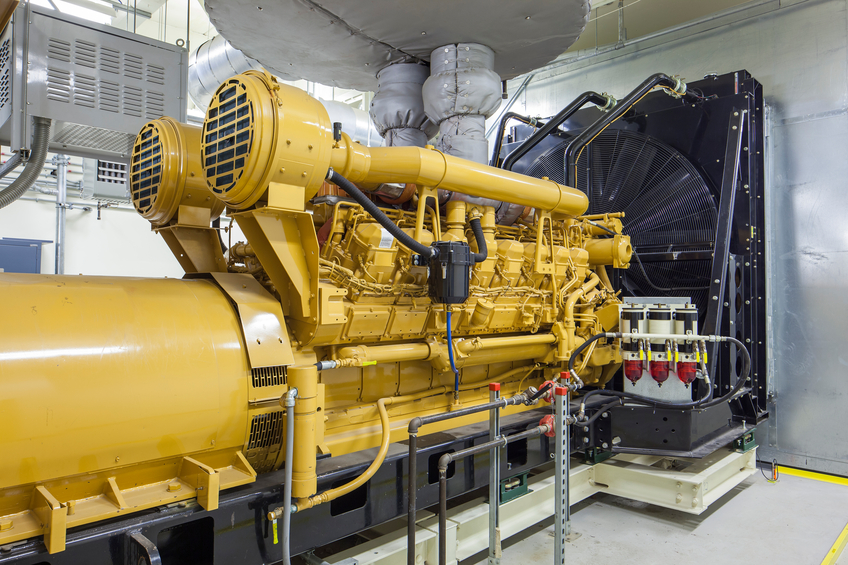Kentucky Energy Efficiency 30 PDH Discount Package 2
How a Wind Turbine Works (R01-011)
Estimating the Environmental Effects of Green Roofs (C02-075)
Boiler Fuels, Emissions and Efficiency (M02-028)
Hydrogen and Fuel Cells (R08-003)
Improving Process Heating Systems Performance (M05-026)
Premium Efficiency Motor Selection and Application Guide (E07-002)
Water Efficiency Management Guide for Mechanical Systems (M02-055)

This online engineering PDH course provides Licensed Professionals (LPs) with step-by-step instructions on how to correctly verify the reported data of applications and assess indoor environmental quality of U.S. buildings.
Energy use in commercial buildings accounts for nearly 20% of U.S. greenhouse gas emissions at a cost of more than $100 billion per year. Through ENERGY STAR®, the United States Environmental Protection Agency (EPA) works with owners and managers of our nation’s commercial buildings to help them strategically manage their facilities’ energy performance, cut energy use, lower utility bills, and reduce greenhouse gas emissions.
More than a dozen types of commercial buildings can earn EPA’s mark of superior energy efficiency – the ENERGY STAR, which is recognized by 90% of American consumers. Commercial buildings that earn the ENERGY STAR must perform in the top 25% of buildings nationwide compared to similar buildings, and their performance must be verified by a licensed professional.
The role of the LP is to verify that all energy use is accounted for accurately, the building characteristics have been properly reported, and indoor environmental quality has not been compromised in pursuit of energy conservation. By verifying the completeness and correctness of the application submitted to the EPA, the LP helps to ensure the integrity of the ENERGY STAR certification.
This 3 PDH online course is applicable to professional engineers who are interested in learning about the verification process of commercial building applications for the ENERGY STAR® certification.
This PE continuing education course is intended to provide you with the following specific knowledge and skills:
- Gaining an overview of energy use in commercial buildings in the U.S. as well as EPA’s mark of superior energy efficiency
- Familiarizing with the eligibility criteria for individuals verifying the applications for ENERGY STAR
- Learning about the different stages of the ENERGY STAR application process
- Understanding the detailed process by which the LP should verify the accuracy of each element on the application
M03-053 - APPENDIX A - INDOOR ENVIRONMENTAL QUALITY MEASUREMENT FORM FOR ENERGY STAR (1.2 MB)
Upon successful completion of the quiz, print your Certificate of Completion instantly. (Note: if you are paying by check or money order, you will be able to print it after we receive your payment.) For your convenience, we will also email it to you. Please note that you can log in to your account at any time to access and print your Certificate of Completion.

This online engineering PDH course provides an overview of wind turbines and presents the basic features, components, types and operating principles of the most commonly used wind turbines in the industry.
Wind is a form of solar energy caused by a combination of three concurrent events: the sun unevenly heating the atmosphere, irregularities of the earth's surface, and the rotation of the earth. The terms "wind energy" and "wind power" both describe the process by which the wind is used to generate mechanical power or electricity. This mechanical power can be used for specific tasks (such as grinding grain or pumping water) or a generator can convert this mechanical power into electricity.
Wind turbines work on a simple principle: instead of using electricity to make wind—like a fan—wind turbines use wind to make electricity. Wind turns the propeller-like blades of a turbine around a rotor, which spins a generator, which creates electricity.
This 1 PDH online course is applicable to mechanical and electrical engineers and energy specialists who are interested in learning more about wind turbines and their basic operating principles.
This PE continuing education course is intended to provide you with the following specific knowledge and skills:
- Familiarizing with the process by which wind is used to generate mechanical power or electricity
- Learning about the different components of a wind turbine
- Understanding the operating principles of a wind turbine
- Learning about the different types and applications of wind turbines
- Gaining a general overview of hybrid wind and solar electric systems
Upon successful completion of the quiz, print your Certificate of Completion instantly. (Note: if you are paying by check or money order, you will be able to print it after we receive your payment.) For your convenience, we will also email it to you. Please note that you can log in to your account at any time to access and print your Certificate of Completion.

This online engineering PDH course provides insight on how to estimate the positive environmental effects of green roof installations in cities. This is accomplished by providing a brief introduction to the basic concepts and definitions relating to urban environmental pollution, followed by a case study of the Kansas City metropolitan area.
A green roof—also called a vegetated roof or eco-roof—is a roof with soil and plants placed on top of a conventional roof. Green roofs are growing in popularity, as they have proven to be a cost-effective strategy for creating more livable and sustainable cities. Integrating nature-based solutions like green roofs into the urban landscape has several benefits to the environment, public health, and society.
This 2 PDH online course is applicable to architects, sustainability, environmental, and building engineers, as well as other technical personnel interested in learning more about the numerous benefits of green roof installations in urban areas.
This PE continuing education course is intended to provide you with the following specific knowledge and skills:
- Learning how green roofs benefit the environment and public health
- Familiarizing with green roofs using as a case study (Kansas City, Missouri)
- Understanding the analytical process, methodology, and tools used in estimating the benefits of green roof installations
- Understanding the limitations of the model and results of the presented case study
Upon successful completion of the quiz, print your Certificate of Completion instantly. (Note: if you are paying by check or money order, you will be able to print it after we receive your payment.) For your convenience, we will also email it to you. Please note that you can log in to your account at any time to access and print your Certificate of Completion.

This online engineering PDH course introduces the different types of solid, liquid, and gaseous fuels commonly fired in industrial, commercial and institutional boilers. It describes the characteristics of fossil and non-fossil fuels with emphasis on coal, oil, natural gas, biomass, and refuse-derived fuels (RDFs). This course also presents the principle emissions from combustion boilers that are regulated under the Clean Air Act (
This 2 PDH online course is applicable to mechanical engineers, designers, contractors, building professionals, and manufacturers who are interested in gaining a better understanding of the various boiler fuels and their emissions.
This PE continuing education course is intended to provide you with the following specific knowledge and skills:
- Understanding the different types of solid, liquid and gaseous fuels commonly fired in boilers
- Knowing the four principle emissions from combustion boilers; nitrogen oxides (NOx), sulfur dioxide (SO2), particulate matter (PM) and carbon monoxide (CO)
- Learning how to maximize efficiency by understanding combustion losses and boiler losses
In this professional engineering CEU course, you need to review Chapter 3, "Fuels, Emissions, and Efficiency" of the Department of Energy (DOE) Publication "Guide to Low-Emission Boiler and Combustion Equipment Selection".
Upon successful completion of the quiz, print your Certificate of Completion instantly. (Note: if you are paying by check or money order, you will be able to print it after we receive your payment.) For your convenience, we will also email it to you. Please note that you can log in to your account at any time to access and print your Certificate of Completion.

This online engineering PDH course offers a thorough introduction to hydrogen as a critical energy carrier for achieving a clean, sustainable energy future.
This course provides an overview of the science, technologies, and applications that enable hydrogen production, delivery, storage, and utilization in fuel cells. It introduces key concepts and examines both conventional and renewable production methods, including steam methane reforming, water electrolysis, and biological processes. Additionally, it explores advanced storage solutions such as compressed gas and metal hydrides, along with logistical considerations for hydrogen delivery using pipelines, tube trailers, and cryogenic transport.
Furthermore, this course delves into the operation and applications of fuel cells, focusing on Polymer Electrolyte Membrane (PEM) fuel cells commonly used in vehicles. It highlights the role of the Hydrogen and Fuel Cell Technologies Office (HFTO) and initiatives like H2@Scale, which aim to address various technological, economic, and institutional challenges.
This 8 PDH online course is applicable to energy engineers and other technical professionals interested in understanding the role of hydrogen in the transition to net-zero emissions.
This PE continuing education course is intended to provide you with the following specific knowledge and skills:
- Explaining the role of hydrogen and fuel cell technologies in achieving global net-zero emissions targets
- Describing key hydrogen production methods, including steam methane reforming, electrolysis with renewable energy, and biological processes
- Analyzing challenges and solutions in hydrogen delivery, covering pipelines, tube trailers, cryogenic transport, and compression systems
- Familiarizing with hydrogen storage technologies such as compressed gas, liquid hydrogen, and advanced materials like metal hydrides
- Understanding the principles and operation of fuel cells, with emphasis on Polymer Electrolyte Membrane (PEM) fuel cells
- Discussing technical, economic, and institutional barriers to hydrogen deployment and identify strategies to overcome them
- Assessing current innovations and emerging technologies in the hydrogen energy sector
Upon successful completion of the quiz, print your Certificate of Completion instantly. (Note: if you are paying by check or money order, you will be able to print it after we receive your payment.) For your convenience, we will also email it to you. Please note that you can log in to your account at any time to access and print your Certificate of Completion.

This online engineering PDH course describes basic process heating applications and equipment, and outlines opportunities for energy and performance improvements. It also discusses the merits of using a systems approach in identifying and implementing these improvement opportunities for Fuel-Based and Electric-Based heating systems. Furthermore, it provides recommendations to financially justify process heating improvement projects (System Economics).
Process heating is essential in the manufacture of most consumer and industrial products, including those made out of metal, plastic, rubber, carbon fiber, concrete, glass, and ceramics. Process heating systems are broken into three basic categories: Fuel-Based Process Heating, Electric-Based Process Heating, and Steam-Based Process Heating all of which are discussed in details.
This 5 PDH online course is applicable to mechanical, industrial and process engineers, designers, manufacturers and all personnel involved in the planning, design and installation of process heating systems.
This PE continuing education course is intended to provide you with the following specific knowledge and skills:
- Understanding the basics behind process heating operations
- Familiarizing with the common types of process heating systems and equipment
- Recognizing efficiency opportunities for fuel-based and electric-based heating systems
- Learning how to financially justify process heating improvement projects
Upon successful completion of the quiz, print your Certificate of Completion instantly. (Note: if you are paying by check or money order, you will be able to print it after we receive your payment.) For your convenience, we will also email it to you. Please note that you can log in to your account at any time to access and print your Certificate of Completion.

This online engineering PDH course provides guidance in new motor purchase decisions, and helps in identifying the energy and cost savings for motors that should be replaced with premium efficiency units.
The National Electrical Manufacturers Association (NEMA) adopted a NEMA Premium® efficiency motor standard in August of 2001. A motor can be marketed as a NEMA Premium motor if it meets or exceeds a set of minimum full-load efficiency levels.
These premium efficiency motor standards cover the 1 horsepower (hp) to 500 hp three-phase low-voltage NEMA Design A and B general, special, and definite purpose induction motors that are in widespread use in U.S. industrial facilities. The energy savings from replacing in-service standard and energy efficient motors with premium efficiency motor models can be substantial.
This 7 PDH online course is applicable to electrical and mechanical engineers and professionals who are interested in learning more about the performance, properties, selection and applications of premium efficiency motors.
This PE continuing education course is intended to provide you with the following specific knowledge and skills:
- Familiarizing with the in-service motor population and motor uses in the industrial sector
- Understanding the evolution of voluntary and mandatory motor efficiency standards
- Learning how to evaluate motor efficiency opportunities, address application considerations, and determine cost-effectiveness
- Gaining an overview of currently available and emerging advanced “Super Premium” efficiency motor technologies
- Understanding the preventive and predictive maintenance activities necessary to keep premium efficiency motors operating at peak efficiency
Upon successful completion of the quiz, print your Certificate of Completion instantly. (Note: if you are paying by check or money order, you will be able to print it after we receive your payment.) For your convenience, we will also email it to you. Please note that you can log in to your account at any time to access and print your Certificate of Completion.

This online engineering PDH course presents guidelines on how to reduce mechanical system water use in residential buildings. Mechanical systems are frequently utilized to provide heating and cooling for residential properties. They typically fall into two categories: centralized and decentralized systems.
Centralized mechanical systems provide heating and cooling from a central location, such as a mechanical room or utility penthouse. These systems are more common in mid- and high-rise multifamily properties and can include cooling towers, boilers, and steam systems, each of which uses water as the heat transfer medium. As a result, the use of water for building heating and cooling can be significant and using sound management practices is a good opportunity for water savings.
Decentralized mechanical systems treat each unit of a multifamily property as its own space, as if each unit were a stand-alone single-family residence. These systems do not typically use process water, so they are not the focus of this water efficiency management guide.
This 2 PDH online course is intended for mechanical, environmental and civil engineers, as well as other technical personnel who are interested in learning more about reducing water use in mechanical systems.
This PE continuing education course is intended to provide you with the following specific knowledge and skills:
- Understanding the basics principles behind single-pass cooling, cooling towers and boiler/steam systems
- Understanding mechanical system water use
- Familiarizing with the maintenance and best management practices
- Knowing the mechanical systems retrofit and replacement options
- Familiarizing with the water savings calculations and assumptions
Upon successful completion of the quiz, print your Certificate of Completion instantly. (Note: if you are paying by check or money order, you will be able to print it after we receive your payment.) For your convenience, we will also email it to you. Please note that you can log in to your account at any time to access and print your Certificate of Completion.